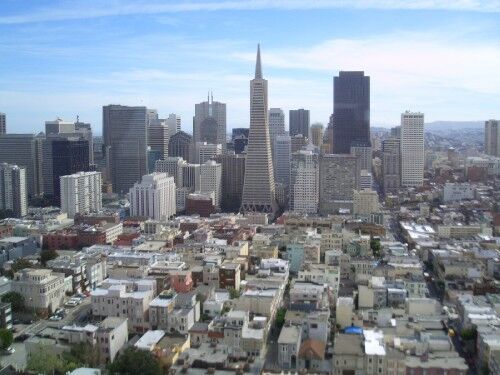
Governor Brown’s Executive Order aimed at reducing water use by 25 percent calls for drastic changes in the ways California’s cities and towns utilize their water sources. Urban water agencies were charged with the goal of conserving nearly 500 billion gallons of water from April, 2015 to February, 2016 in an effort to alleviate the four-year long drought that has been worst in the state’s recorded history.
Amid these stringent regulations, many environmentalists and experts have criticized the government of California for largely exempting the agriculture industry from similar restrictions. According to the Public Policy Institute of California, the agriculture industry uses about 80 percent of the state’s water supply yet accounts for only 2 percent of the state’s economy. Many believe that this discrepancy needs to be addressed directly, but has so far been relegated to the sidelines. Some water experts describe the role of agriculture in this crisis as “the missing link” in effecting a sustainable resolution.
It is estimated that the agriculture industry would need to reduce its water usage by just over 6 percent to achieve analogous water conservation levels. However, the Governor defended his exclusion of farms from these restrictions by stating that agriculture has already suffered significantly since the drought began, costing farmers $2.2 billion and approximately 17,000 jobs in 2014. The famers are feeling the effects of the drought as well; the distribution of subsidized water from California’s State Water Project, which allocates water to farmers from reservoirs, has diminished considerably. Moreover, California has substantial incentives to maintain its agricultural production levels. The agricultural industry is a major source of revenue, generating $46 billion in 2013 and outpacing any other state in the U.S. in the production of fruits, vegetables and nuts.
Nevertheless, many experts agree that there will be increased scrutiny on the use of water resources by the agriculture industry as this drought persists, particularly as urban areas are subjected to increasingly stringent regulations.
Contact Shane Coons at 949-333-0900 or visit his website at www.ShaneCoonsLaw.com to find out more about the practice.
